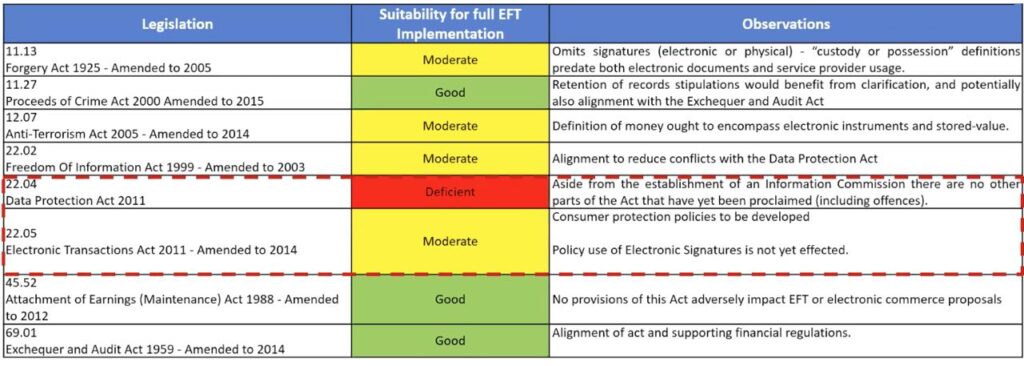
- Common law jurisdictions have an advantage in building digital economies
- E-signatures and digital verification have been legal in TT for ten years
- Caribbean nations can compete on an even playing field in the digital economy
Above: Illustration by max776/123RF.com
BitDepth#1332 for December 13, 2021
John McKendrick, QC, was unequivocal in championing the opportunity awaiting small islands of the region that work to get their legislative agenda ready to participate in digital economies.
McKendrick is invested in the idea of developing Caribbean economies, having served as the Attorney General of Anguilla between 2016 and 2018 and he remains a Member of the Bar of that country, the British Virgin Islands and Scotland.
Speaking at AmCham’s Enabling the Digital Economy webinar on November 24, he noted that digital economies offer: “An opportunity to overcome the economies of scale that have often made doing business with islands of the Caribbean more expensive and therefore less attractive to international business.”
“It’s a bit of a competition just now,” he said.
“Which law and which jurisdiction will be the most attractive to develop and harness a digital economy?”
The countries that emerge as leaders in that race, McKendrick believes, will have a significant development and economic advantage over the next 50 years and nations that operate under common law legal systems have an advantage.
McKendrick sees growth globally in common law based dispute resolution centres, including the Dubai International Finance Centre and the Singapore International Commercial Court, which apply the predictability of common law to cases.
It’s a rapidly evolving situation, with cryptocurrencies still to be more clearly understood under law as entities.
McKendrick posed the question: “Is it a common law concept of property? Is it a form of contractual arrangement? Is it a form of trust? Is it a chose in action?”
“If we can push common law concepts of property to describe digital assets,” he said, “and the flexibility of the common law is used by virtual asset providers, then we will attract more business to common law jurisdictions.”
“It’s a time of great change, it’s a time when our laws and our legal systems are under great pressure.”
McKendrick explained that e-signatures and other methods of digital verification are foundation blocks to building a viable digital economy of electronic transactions and digital goods and assets.
McKendrick called on Caribbean jurisdictions to modernise their legislation and core procedures, because, as he puts it, “the digital economy is running ahead of us.”

John Outridge, CEO of the TT International Finance Centre, noted a list of goals identified by the centre as necessary to expand existing regulations.
These include, updating the Electronic Transaction Act, 2011, updating the Data Protection Act, fully implementing the E-Money Issuer order 2020, the Cybercrime Bill, and simplifying due diligence for AML/CFT 2021.
Unfortunately, most of these are line items that have been described as actionable for almost ten years now.
According to Tira Greene a legal, policy and legislative drafting consultant who has worked on projects for the state over the last 20 years, the laws of TT that govern digital transactions are modelled on legislative guidelines from the United Nations Commission on International Law, and are among the most up-to-date in the world.
Greene explained that e-signatures are valid and legal in TT and operate in the same way they do in a hundred other countries.
E-signatures in common use include a combination of user name, pin number or password, a digitised ‘wet’ signature, typing your name at the end of a message as well as formal digital signatures using encryption keys created using tools from firms like DocuSign and Entrust.
All these forms of identity verification fulfil the same legal role as a formal, written signature.

What’s needed next is the removal of restrictions on e-signatures for government processes. Up for reconsideration for online digital verification are statutory declarations, deeds and passport documentation.
The emphasis, Greene said, is to “clear the board of hurdles,” so that technology developments can be moved forward without restrictions.
The next steps include working to clarify the difference between an electronic and digital signature and time stamping for electronic documents for evidence purposes, particularly in the financial sector.
Noting that Jeffrey Cunard, counsel for Debevoise and Plimpton had advised the state to avoid ‘procrustean legislation,’ Greene hopes for a light-touch regulatory framework that is adaptable to a rapidly changing environment.
“We should do only what is necessary, we should not be tying up ourselves with over-regulation.”


